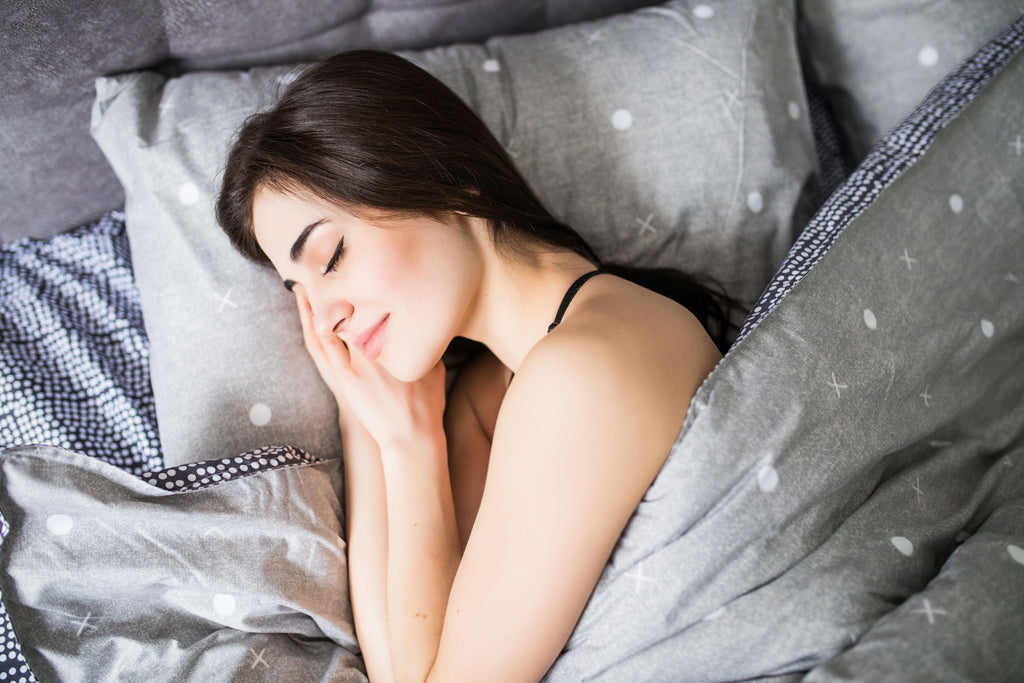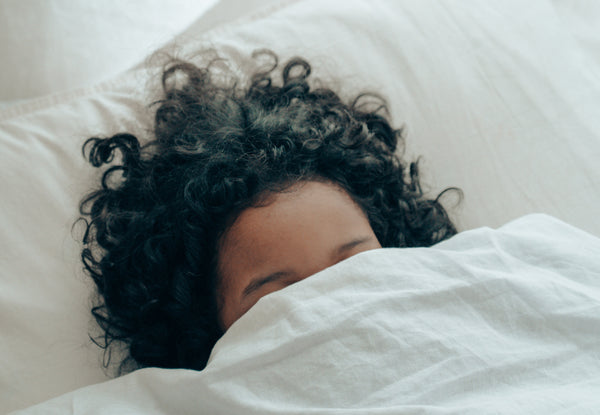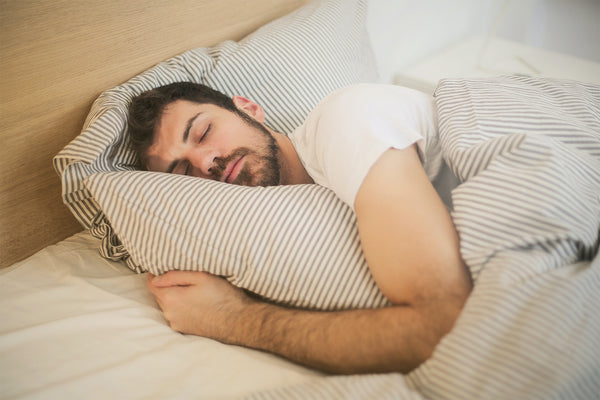Are you often left thinking, “what can I do to help me sleep?” There comes a point when counting sheep doesn’t help anymore, and you just want to drift off. It can be difficult when you don’t sleep well for one or more nights, especially when it negatively affects your daily routine. If you’re looking for some sleep help, we have a range of things to help you sleep, ensuring you’re constantly feeling as well-rested as possible.
1. Enhance Your Sleeping Environment
One of the first steps to sleeping well is to make sure your bedroom is a peaceful and relaxing space. If you live somewhere with loud noises, you can use music to help you sleep. You can opt for a white noise machine, or use an app on your phone to drown out any loud noises and provide some much needed relaxation.
2. Turn Off Your Devices
If you’re someone who endlessly scrolls on social media or watches television before bedtime, you’re tricking your brain into thinking it’s daytime! The blue light from our phones keeps our mind awake, long after we’ve stopped scrolling. Research shows that blue light supresses melatonin, which is a hormone that helps with the timing of the body’s circadian rhythm, helping you to relax before bedtime. It’s best to turn off your electronics about thirty minutes before you sleep, so your body’s natural melatonin can begin to be produced.
3. Cut The Caffeine
We’re not suggesting you skip your morning coffee, but endless studies show that any caffeine after 2PM will negatively affect your sleep. Whether or not you’re a caffeine addict, try to switch to decaf coffee (or tea, for that matter), in the afternoon, to give your body the best chance of nodding off when it comes to bedtime. Definitely be sure to avoid caffeine before bed!
4. Rethink The Nightcap
Behavioural sleep expert Deirdre Ann Conroy, PhD, recommends avoiding alcohol before bed. She says, “It’s sedating at first, so it can help you fall asleep but can interfere with staying asleep. And so to avoid that, we generally use a three-hour guideline.” Some people turn to alcohol because of how it puts them to sleep fast — but their bodies won’t fall into a deep state of restful sleep. If you drink alcohol close to bedtime, you may wake up the next morning feeling groggy from not getting quality sleep even if you slept the recommended seven to nine hours! Therefore, we suggest ensuring you’re not having a tipple at least three hours before you hit the hay.
5. Hold Off On Water Before Bed
A common problem people face is waking up in the middle of the night to use the bathroom, and not being able to fall back asleep afterwards. We recommend avoiding excess water approximately one hour before bed so you limit the chances of your body waking you up in the first place.
6. Find a Supportive Mattress
Ultimately, you may have trouble sleeping because you’re not feeling comfortable or supported by your mattress. We spend around one-third of our life sleeping of our life sleeping - therefore providing yourself with a supportive mattress and comfortable pillow is essential. Give your body the support it needs through the night with a Winkl mattress and pillow.





